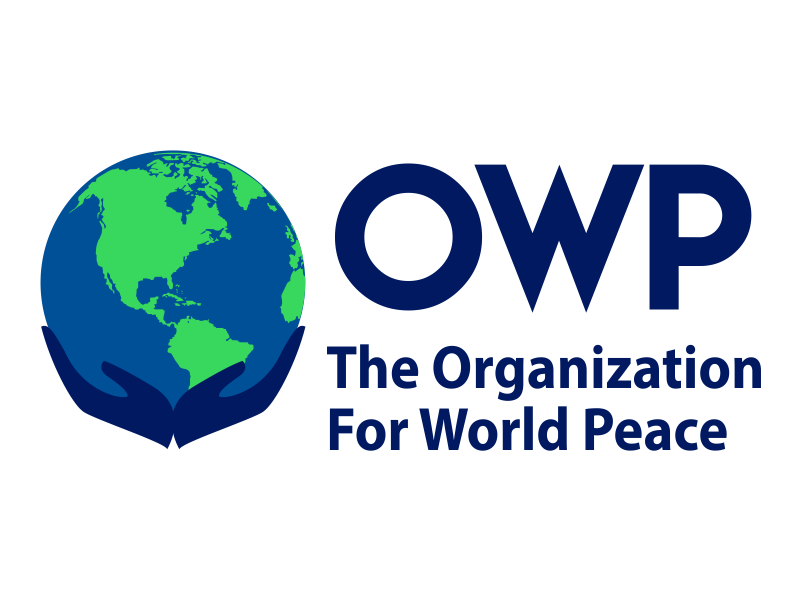On March 13, 2021, Mahn Win Khaing Than, ousted Speaker of the House of Nationalities and Myanmar’s current acting vice president, took to Facebook to express his deep concerns for his country. “This is the darkest moment of the nation, and the moment that the dawn is closed … this revolution is the chance for us to put our efforts together.” The leader is currently in hiding alongside other members of the National League for Democracy Party, the group that previously led the now-dismantled civilian government.
The post was made in response to the country’s ongoing military coup, the clash that first commenced on February 1, 2021, after the military government, also known as the junta, overthrew the Democratic Party and detained numerous members. This includes Aung San Suu Kyi, Nobel Prize winner and president of the Democracy Party. Suu Kyi has been a voice for the Burmans for many years. The leader was placed under house arrest for 15 years by the military, beginning in 1989, and received the Nobel Prize in 1991 for her “non-violent struggle for democracy and human rights”. She now remains in custody after being detained again when the coup first launched.
The U.S. Trade Representative, Katherine Tai, expressed the U.S. outlook of the situation, “The killing[s] … has shocked the conscience of the international community. These actions are a direct assault on the country’s transition to democracy and the efforts of the Burmese people to achieve a peaceful and prosperous future.” Due to the military junta’s consistent human rights violations during this coup and years past, the United Nations has established the group as committing “crimes against humanity”, according to U.N. Special Rapporteur and human rights investigator, Thomas Andrews. Many peaceful protestors have been beaten, arrested, and killed by military forces. According to Al Jazeera, an estimated 70 civilians have been killed ever since the coup first began.
Andrews has called for economic sanctions to be placed against the military junta in order to control the resources traveling into Myanmar that are invigorating the violence. These measures are one of the most essential and effective moves that can take place as an international response. As of now, the U.S. and E.U. have imposed export controls on Myanmar.
Further, the Quadrilateral Security Dialogue, also known as the Quad, met on March 12 to discuss ways to reinforce protection in the Indo-Pacific region. The group is composed of leaders from the U.S., India, Japan, and Australia. After the meeting, the group said in a statement, “…we emphasize the urgent need to restore democracy.” As mentioned, the new Democratic government, originally planned to be implemented after Myanmar’s 2020 general election, could promise the return of safety and security for the country’s population if successfully instated. According to Suu Kyi, a statement released after her detainment instructed Burmans “not to accept a coup” and the establishment of a military government would cause Myanmar to fall under a “dictatorship”.
The February overthrow exists as remnants of the Myanmar 2007 Saffron Revolution. The military junta, backed by the Union Solidarity and Development Party (USDP), ruled from 1962 to 2011 and was replaced by a civilian government after the 2010 general election. In 2007, the revolution was triggered after the junta unexpectedly made fuel prices soar, and in response many protestors, particularly, Burmese students and monks, took to the streets. The brutal military response led to about 200 deaths and 6,000 arrests. After the military junta dissolved and the Democracy Party took over, the USDP has been grappling to secure an adequate number of parliamentary seats to regain complete control.
After the 2020 general election, the USDP claimed the National League for Democracy Party won “by fraud”, based on alleged discrepancies in the votes, and demanded a rerun. These claims were rejected by the referenced party and the Union Election Commission, leading to the rerun being denied. On February 1, the new elected members were intended to be brought in, but instead, one of the largest Myanmar military crackdowns since 2007 began to take place.
The parallel government and military junta currently have announced opposing plans for Myanmar’s future. The Democracy Party’s non-detained members have met with the country’s largest ethnic armed groups, who control most of the country’s land and can offer substantial assistance in constraining the military. Contrarily, the military junta has plans to remain in power and plans to hold an election in the following year. Other countries continue to impose more sanctions and arms embargos on Myanmar as the violence continues to escalate.
- Myanmar’s Ousted Leaders Pledge to Resist Military Crackdown - April 3, 2021
- China’s Ongoing Genocide and How the U.K. Is Ignoring It - April 2, 2021
- New Oman Crown Prince And Basic Law Works To End Political And Economic Uncertainty - January 21, 2021


